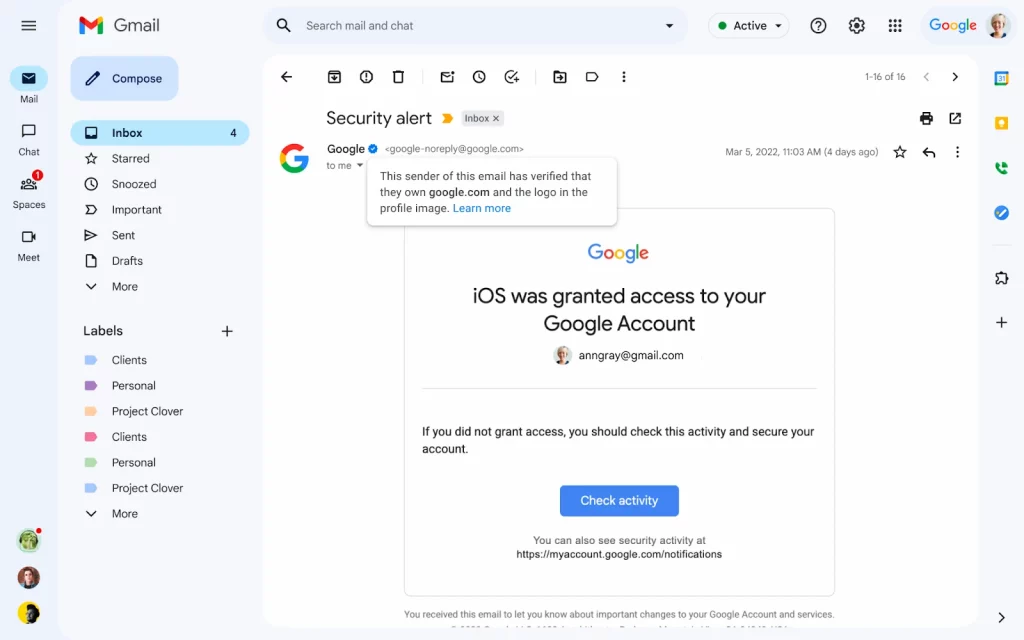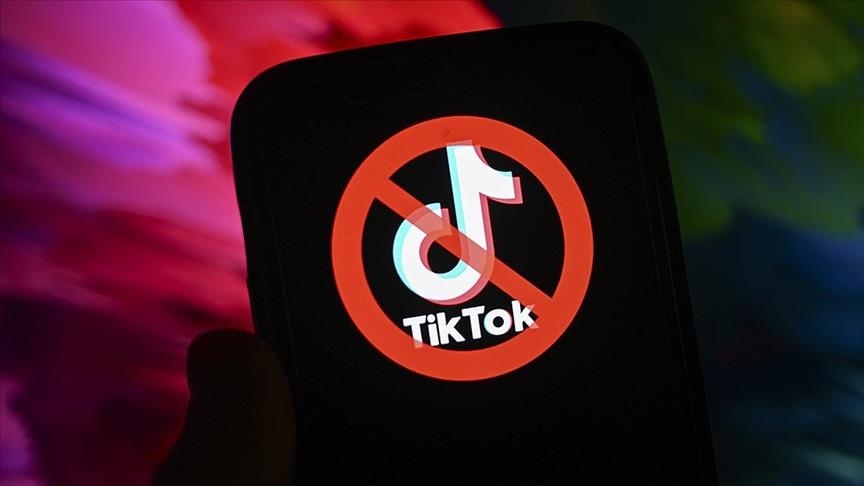The parent firm of TikTok has been subtly promoting a different social networking app called Lemon8. However, two months after its inception in the United States, it appears that people are joining the site more out of a desire to avoid missing out on the Next Big Thing than a true interest in the platform’s offerings (which, atm, is not much).
Is Lemon8 the perfect antidote to negativity?
In February, when TikTok first became available in the United States and the United Kingdom, producers began marketing their profiles and encouraged fans to download Lemon8. Many of these same content producers have proclaimed that Lemon8 is the perfect antidote to the negativity they’ve encountered on other platforms, combining the best features of Instagram and Pinterest (including TikTok itself).


Some people questioned the veracity of this story because of how consistently it was told, especially in light of the probable TikTok ban in the United States. In February 2023, Insider published an article claiming that ByteDance—TikTok’s parent company—had been paying creators to post to Lemon8, validating these fears. Creators were apparently told to prioritize three to seven vertical photos and a caption of 100 to 300 words for each post because the platform only accepts static images at the moment. This request sounds very 2017. The hashtag #LemonPartner appears at the end of the lengthy captions on many posts on Lemon8, indicating that the creator was compensated by the app for making the post.
Lemon8 had risen to the top of the lifestyle charts
By the final week of March, supposedly thanks to sponsorship deals, Lemon8 had risen to the top of the lifestyle charts in the U.S. App Store.
The longevity of Lemon8 is doubtful despite the recent excitement it has generated.
There are already videos on YouTube with creators admitting they got Lemon8 because they wish they had joined TikTok sooner. This is a warning sign that people will abandon the platform if it doesn’t become massively popular right away, as we’ve seen happen many times in the past three years with other hyped applications that were supposed to be the next TikTok, such as Thriller, Clubhouse (a fever dream), and most recently BeReal.
Lemon8 Dosen’t Offer Anything New
Unlike TikTok, which replaced popular video apps like Vine and Musical.ly, Lemon8 doesn’t offer anything new to the social media world or fill a need that could pave the way for a new kind of content creator (“If Instagram and Pinterest had a baby” isn’t necessarily a strong brand story when people have to reference your competitors).
TikTok’s meteoric rise can be explained in part by the void it filled in the market for short-form videos; its endless feed based on your personal algorithm; and its intuitive user interface design; but it also coincided with the beginning of the pandemic, when people were confined to their homes, spending more time than ever before with their smartphones, and looking for human connection virtually. Because of these out-of-the-ordinary conditions, TikTok has developed a culture of unfiltered genuineness, something its followers desperately craved at the time but couldn’t find anywhere else.
TikTok isn’t the first platform to change the lives of some of its early adopters; Instagram, Pinterest, and YouTube can all say the same. However, the lightning speed with which ordinary people and obscure brands became famous has created a culture of panicked app downloading among social media users.
Initial Popularity Seems Artificial
When a new app gets downloaded by a large number of people, its popularity rises, inspiring users to devote more time to making content for the app in the hope of becoming one of the first influential people to emerge from the Next Big Thing.
This initial popularity, however, is likely to be artificial and short-lived, as evidenced by history. Consider the case of Clubhouse. During the epidemic, the audio-first app gained popularity thanks to its promise of making everyone become a thought leader, its use of celebrity endorsers, and its invitation-only policy. Ten million users were using the site at its peak in March of 2021.
Midway through 2021, as humanity began to recover from the pandemic, the app abandoned its invite-only system. After other social media sites introduced similar features, Clubhouse’s use dropped precipitously. There are currently about 3.5 million energetic users on the network.
What Happened To BeReal?
The same thing happened to BeReal. In 2021, the spontaneous photo app saw some success in the French market, so it launched a cash-based referral program on college campuses across the United States and the United Kingdom. The number of users that log in at least once a month increased from 920,000 in January 2022 to 73.5 million in August 2022, and the site was dubbed the “authentic version of Instagram.”
Although it was once heralded as a social media industry disruptor, BeReal has yet to perfect its user experience, with many users complaining of frequent bugs and malfunctions. In the same way that conventional social media promotes mindless scrolling, BeReal actively discourages its users from doing so. Instead, on BeReal, users are restricted to posting once every day, and their posts are deleted after 24 hours. There is no need for users to return to the app throughout the day, reducing the app’s potential for integration into a user’s everyday social media habits.
Users are not punished for missing the daily 2-minute upload window as per notifications on BeReal, which encourages them to “save” their BeReal post for the most exciting time of their day.
Decreased BeReal’s popularity
BeReal’s popularity decreased to 10 million MAUs by February 2023, only six months after it peaked.
Three years after its initial debut, TikTok continues to grow in popularity, changing the tech industry’s outlook on growth and success and influencing users’ willingness to adopt new platforms. TikTok’s ongoing development and effect on the cultural zeitgeist have made it one of the most talked-about platforms, but few have come close to matching it.
Despite its numerous merits, TikTok’s meteoric rise to fame is an outlier that few apps will be able to imitate. It can even be done by a subsidiary app.




